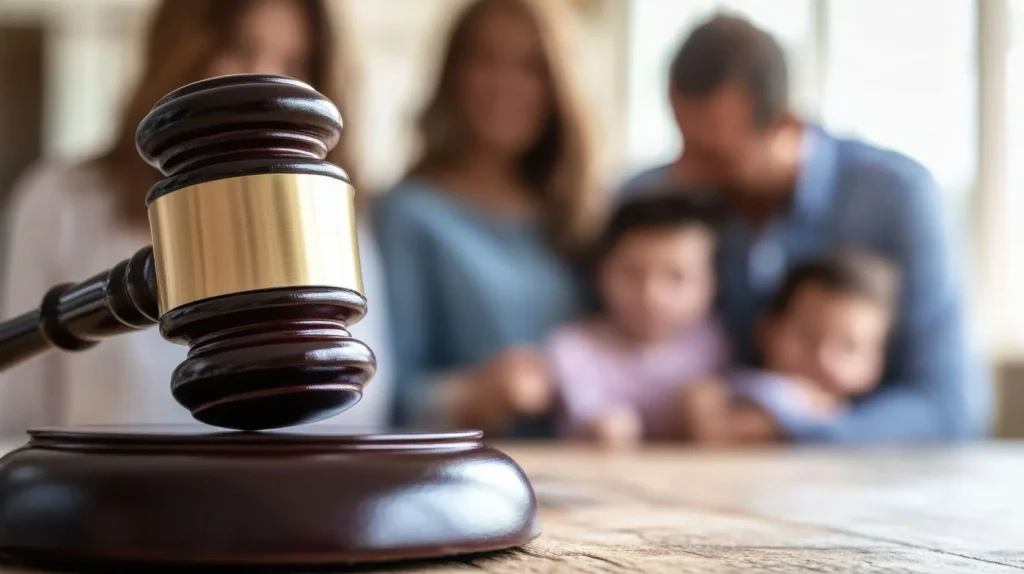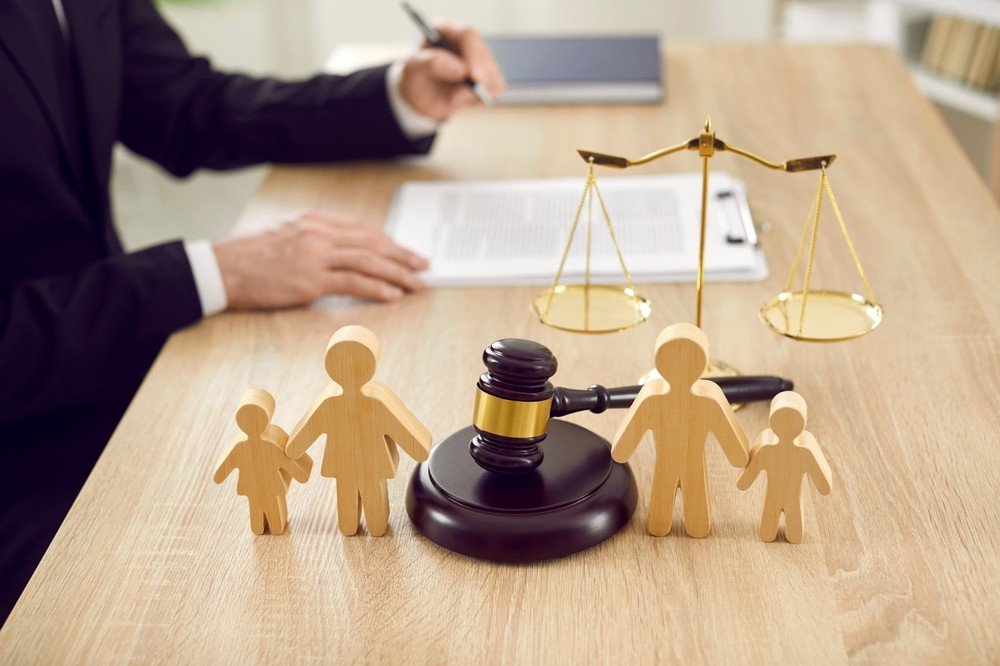The United Arab Emirates has announced new criminal justice reforms that promise a better future for juvenile offenders. These changes are focused on giving young people a second chance, promoting rehabilitation over punishment, and aligning the country’s justice system with global best practices. The reforms reflect the UAE’s growing commitment to protecting young lives and building a safer, more just society.
What Are Juvenile Justice Reforms?
Juvenile justice reforms are changes made to how young offenders—usually under the age of 18—are treated within the legal system. Instead of treating them like adult criminals, these reforms focus on rehabilitation, education, and psychological support. The goal is to help these young individuals return to society as responsible citizens.
In many parts of the world, including the UAE, there is growing recognition that children and teenagers who break the law often do so out of difficult circumstances, lack of guidance, or peer pressure. Rather than placing them in adult prisons, which can do more harm than good, juvenile justice systems are being improved to offer better solutions.

A New Path for Juvenile Offenders in the UAE
Under the new laws, the UAE aims to move away from purely punitive measures for young offenders. Instead, it is introducing a range of new steps such as community service, counseling, rehabilitation programs, and education support.
For instance, if a young person is caught committing a non-violent crime for the first time, they may now be offered therapy sessions, social programs, or even vocational training rather than jail time. This change is designed to reduce repeat offenses and help teenagers get their lives back on track.
One of the most important parts of the reform is that it puts the focus on the child’s background, psychological condition, and the circumstances that led to the offense. Judges now have more flexibility in deciding the best course of action based on individual cases.

Establishing Juvenile Courts and Committees
Another key development is the expansion of juvenile courts and specialized legal bodies across the UAE. These courts are designed specifically to handle juvenile cases with sensitivity and care.
Additionally, a special Juvenile Welfare Committee is being established in each emirate. These committees will include legal experts, psychologists, social workers, and education professionals who will work together to support the young offender and their family. The idea is to create a full support system that prevents future crimes and helps the young person lead a better life.
A Focus on Family and Community
One major part of the reform is how much importance it places on the family. Parents or guardians will now be more involved in the process. In some cases, families will be required to attend counseling sessions with their child or take part in rehabilitation efforts.
The community also has a role to play. Local organizations, schools, and charities are encouraged to help by offering support programs or volunteering opportunities. This approach brings everyone together in guiding the young person back to the right path.
Alternatives to Detention
The reforms highlight the use of alternatives to detention, especially in less serious offenses. These alternatives can include:
- Community service
- Educational workshops
- Behavioral therapy
- Supervised release with regular reporting
- Vocational training or job placements
Detention is now seen as the last option, reserved for only the most serious cases where the young person is a danger to themselves or others. Even then, detention centers are being improved with a focus on safety, education, and mental health.
International Best Practices and UAE Vision

The UAE’s decision to implement these reforms is not just about changing laws—it is about changing mindsets. These reforms are in line with international agreements on child rights, including the United Nations Convention on the Rights of the Child, to which the UAE is a signatory.
The changes also support the UAE Vision 2031, which aims to create a safe and inclusive society that values every individual, especially the younger generation. By investing in the well-being of its youth, the country is making sure its future remains strong, stable, and innovative.
Law Enforcement Training and Legal Awareness
As part of the reforms, police officers, judges, and legal professionals will also receive special training to handle juvenile cases. This training will help them understand the emotional and psychological needs of young offenders and how to deal with such situations more effectively.
Awareness campaigns are also being launched to educate parents, schools, and communities about the new laws. These campaigns will highlight how early intervention, guidance, and education can prevent crime among youth.
Voices of Support from the Community
Many parents, educators, and child welfare advocates have welcomed the new laws. They believe that these reforms reflect a more compassionate and intelligent approach to juvenile justice.
A teacher in Abu Dhabi shared her thoughts, saying, “Young people make mistakes, but that doesn’t mean they should be labeled for life. These new reforms give them a real chance to learn, grow, and change.”
A social worker in Sharjah added, “We’ve seen how damaging prison can be to young minds. With these changes, the UAE is setting an example for how to handle youth crime with care and understanding.”
Challenges and the Road Ahead
While the reforms are a big step forward, there are still challenges to address. Some people worry that being too soft on crime might send the wrong message. Others are concerned about how the new programs will be implemented across all emirates and whether there will be enough resources and trained professionals.
However, the government has made it clear that these reforms are just the beginning. More support systems, better training, and closer coordination between legal, educational, and social institutions are already being planned.
A Brighter Future for Young Offenders
The new criminal justice reforms for juveniles in the UAE mark a powerful shift in how the country views crime and punishment. Instead of simply locking young people away, the nation is choosing to invest in their future, believing that with the right support, they can change and thrive.
In the long run, this approach not only protects young lives but also creates a safer and more supportive society for everyone. By turning mistakes into lessons and offering second chances, the UAE is showing what true progress and compassion in justice really look like.
Also read: UAE Unveils Major Family Laws Changes to Support Modern Living













